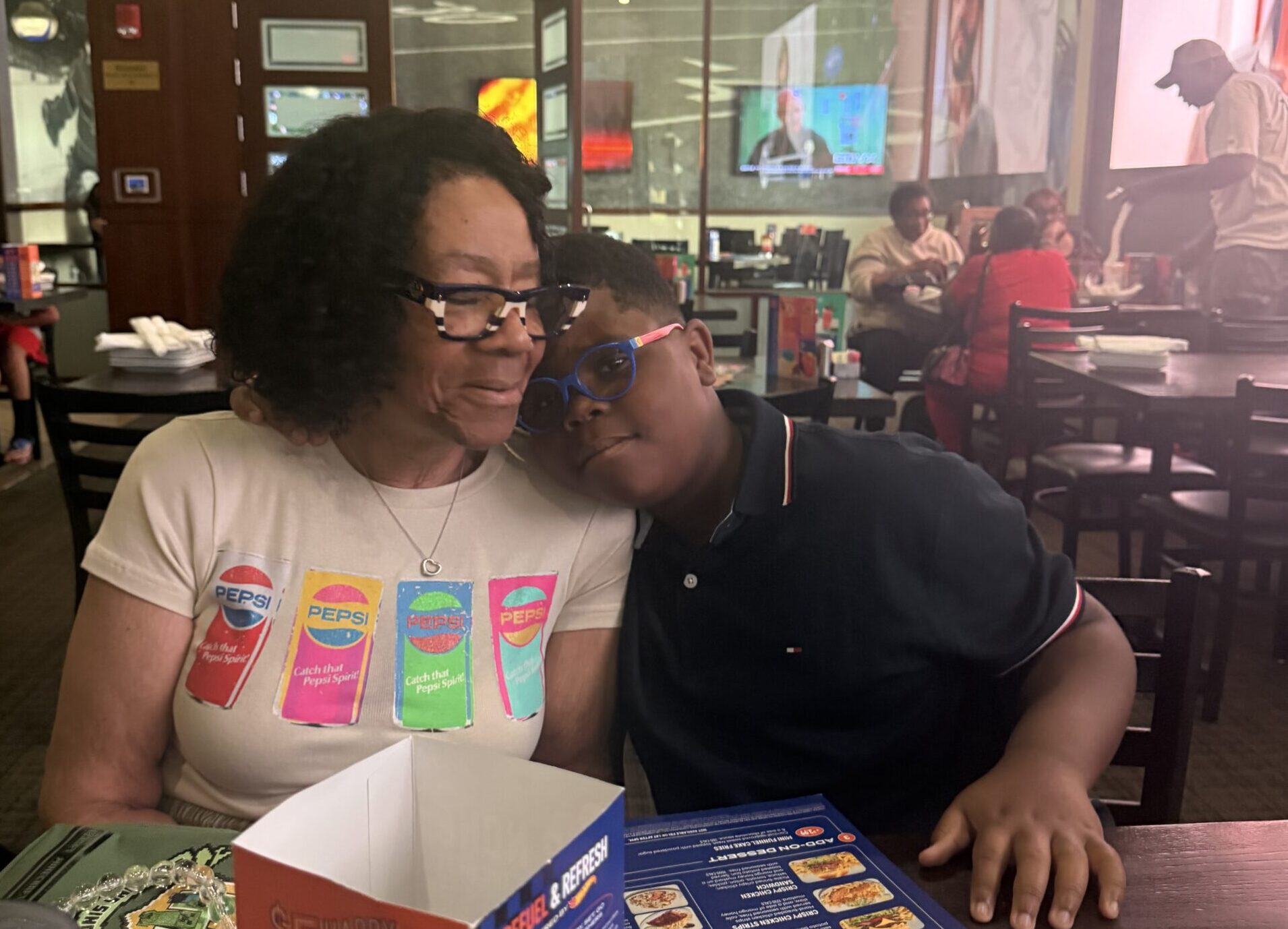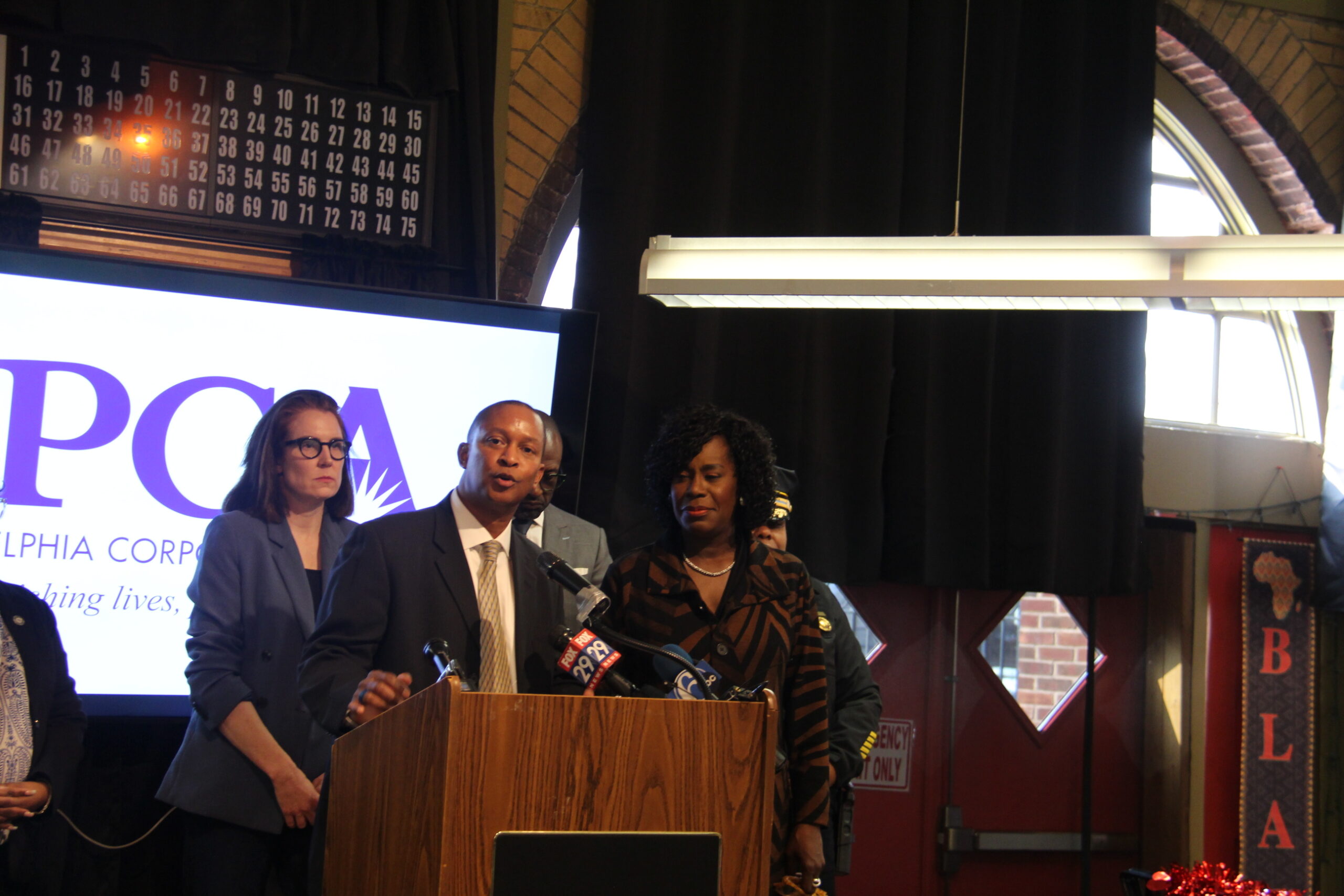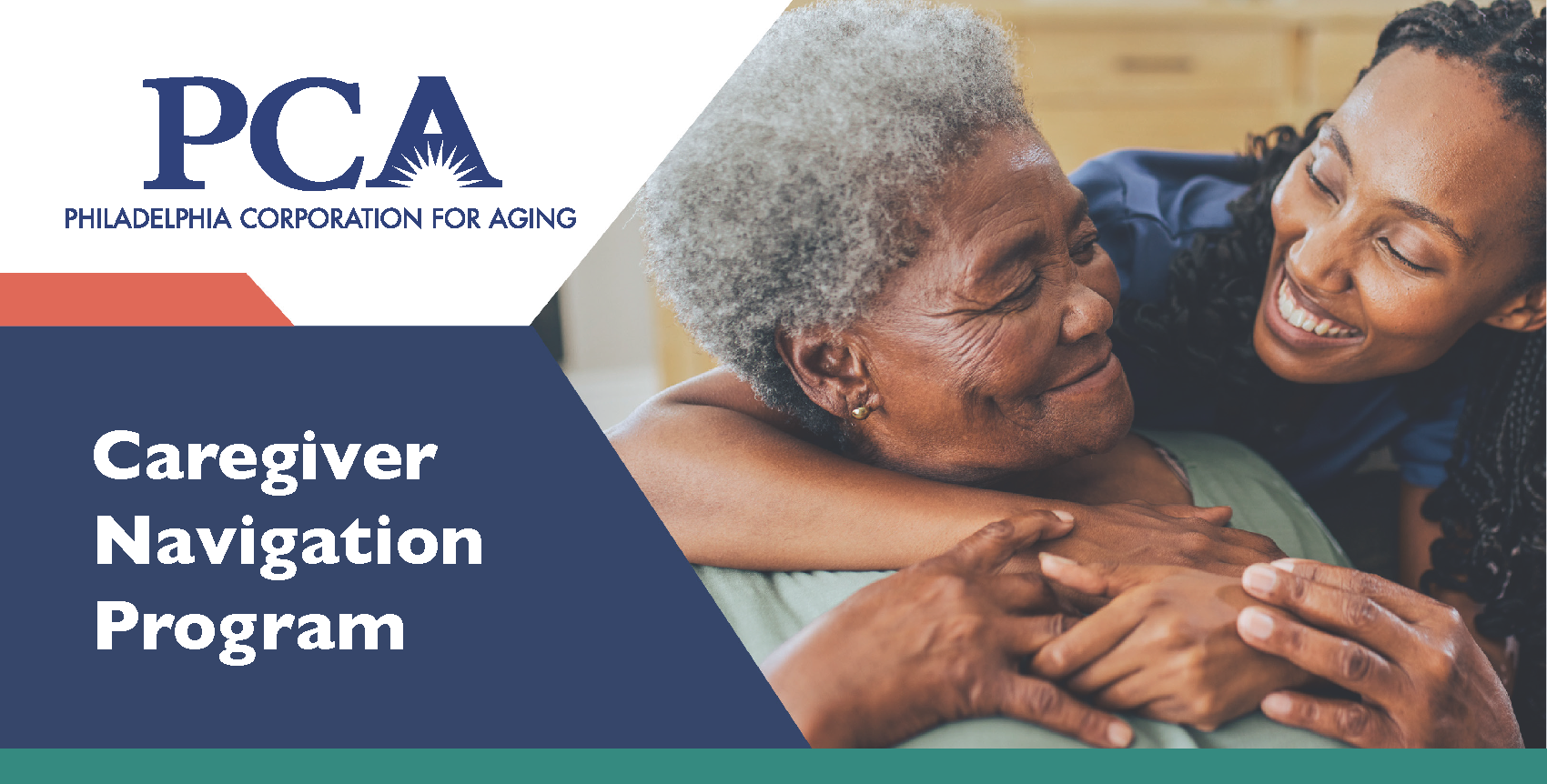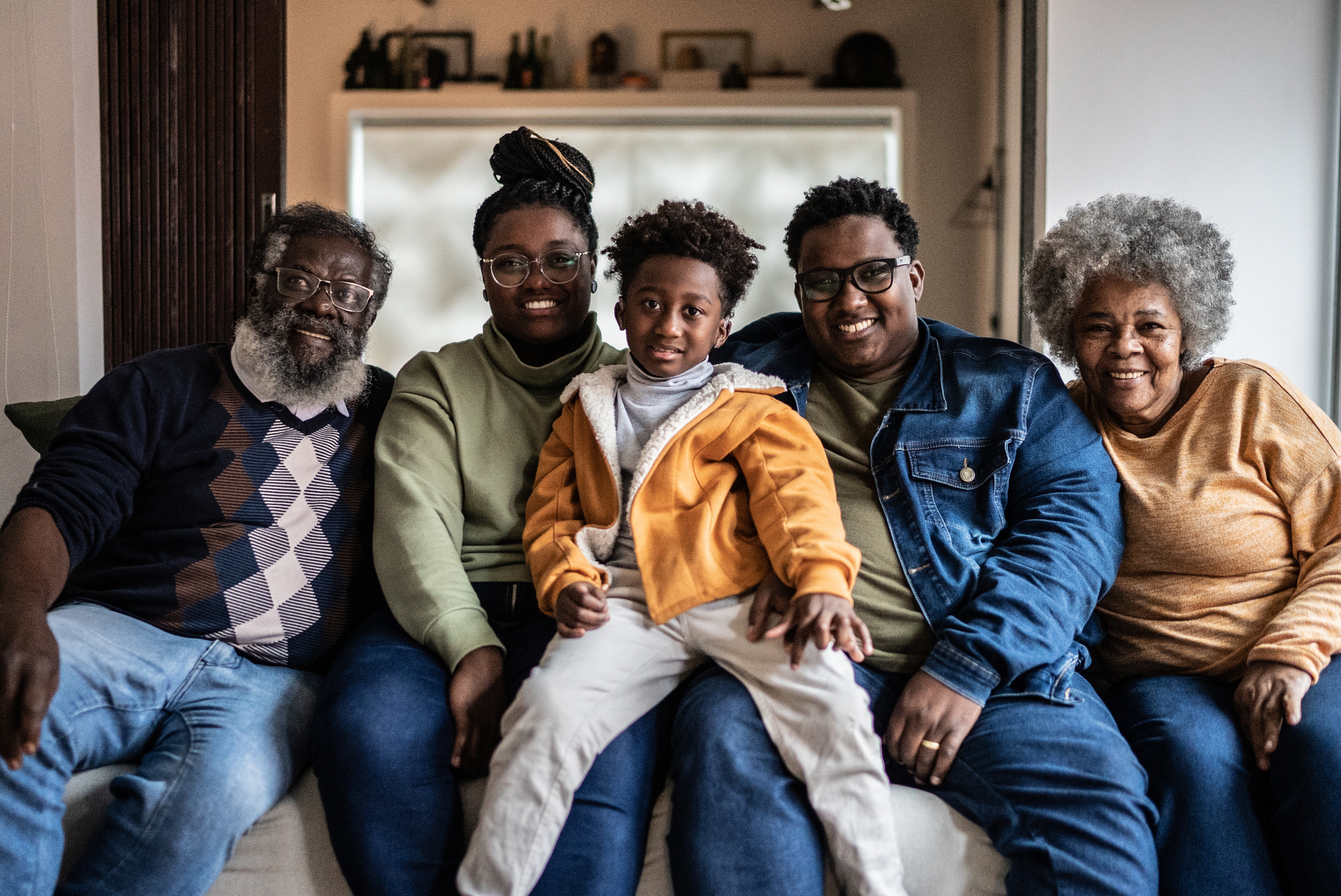Navigating the caregiving journey with growth, love, community — and support
When Cheryl Clark talks about caregiving, it isn’t just from professional knowledge. It’s personal, too. As the director of Philadelphia Corporation for Aging’s (PCA’s) Caregiver Support Program, Clark understands the importance of caregivers to their families and communities. She is committed to making sure caregivers are fully supported.
“Support programs for caregivers are a lifeline for people who take on the demanding role of caregiving,” Clark said. “At the center of these programs is education and training. Caregivers learn the skills they need to give the best care possible. This helps the person receiving care and gives caregivers the confidence to handle different situations.”
Caregiving requires an incredible amount of love, growth and patience. That’s why all caregivers need both practical help and emotional support. PCA’s Caregiver Support Program (CSP) was created to provide multi-faceted support.
The program offers education, training, respite care, financial assistance, benefits counseling and support groups. CSP serves caregivers of older adults, as well as older adults who are caregivers of others. It also supports older adults who are raising grandchildren or other young relatives, a group that continues to grow in Philadelphia.
“Being a caregiver takes a huge amount of time and energy,” Clark said. “It’s important that caregivers have as many resources as possible, not only to care for their loved ones but also to take care of themselves.”
For Care Manager Carolyn Davies, who works directly with caregivers, the difference these services make is clear. “I’ve seen caregivers come to us completely overwhelmed, not knowing how they will get through another day,” Davis said. “With the Caregiver Support Program, they start to breathe again. Whether it’s rest time, financial help for supplies, or just knowing someone understands, the support can truly change lives.”
Every November, during National Family Caregivers Month, PCA highlights caregivers and their contributions. But Davies stressed that support should last all year, not just when it is observed.
For caregivers, like 68-year-old Celeste Williams, the program has made a lasting difference. At first, she struggled to balance her own responsibilities with the constant demands of caring for her 8-yearold grandson, Avery. Between managing medical appointments, preparing meals, and keeping up with household tasks, there were moments when it felt overwhelming.
“There were days when I felt completely overwhelmed,” Williams said. “I didn’t know how I was going to manage everything.”
Caregivers often face difficult choices. These can include whether to take time off from work to help a loved one or how to pay for supplies and equipment. Many also experience isolation. Caregiving can leave little time for social activities or personal rest. That’s why programs, like CSP, are so vital. They connect caregivers with both resources and community support.
After connecting with PCA’s Caregiver Support Program, things began to improve for Williams. The program provides both practical assistance and emotional relief. “Having help with supplies, or even just a break to rest, made such a difference,” Williams said. “But even more than that, it gave me peace of mind to know I wasn’t alone.”
The reassurance of a supportive care manager is especially meaningful. “When I reached out, they responded quickly and made me feel like I could handle things again,” Williams said. “Just hearing someone say, ‘We’re here for you,’ meant t he world.”
Through support groups and educational workshops, caregivers also gain the chance to learn from others who understand their journey. These connections help them feel less isolated and more confident in their role. For many, it is the first time they realize there is a whole network of people and organizations ready to stand behind them.
PCA’s program is more than a list of services. It is a partnership in one of life’s most demanding roles. “This program gave me strength and reminded me I could keep going for my loved one,” Williams said.
Clark and Davies see stories like this every day. They know that caregiving requires patience, energy and resilience — and that no one should have to do it alone. “Every day is about honoring caregivers,” Davies said. “Our goal is to make sure they feel supported, valued and ready for the challenges of this role.”
For anyone caring for loved ones with illnesses, disabilities or age-related needs, PCA’s Caregiver Support Program provides help and hope. It’s a reminder that resilience is stronger when support is close.
Caregivers interested in services can contact the PCA Helpline at 215-765-9040 or visit pcaCares.org/caregivers.




